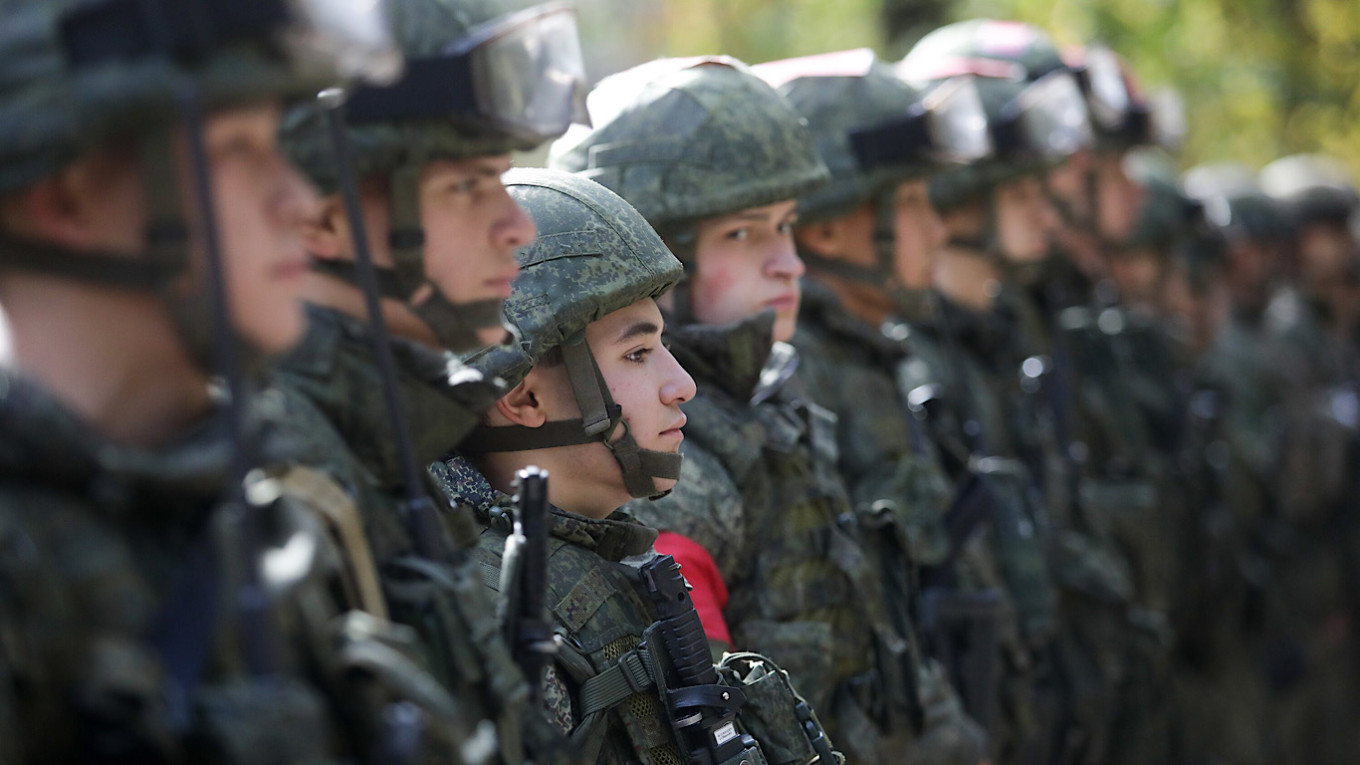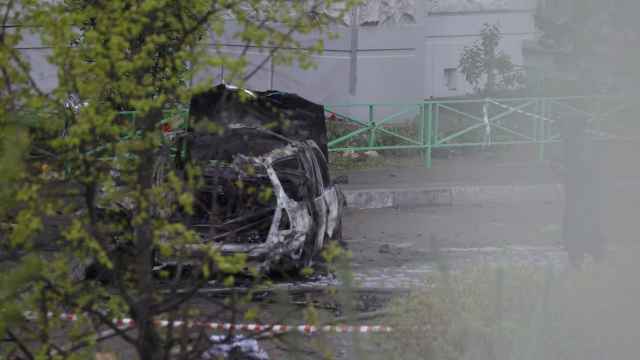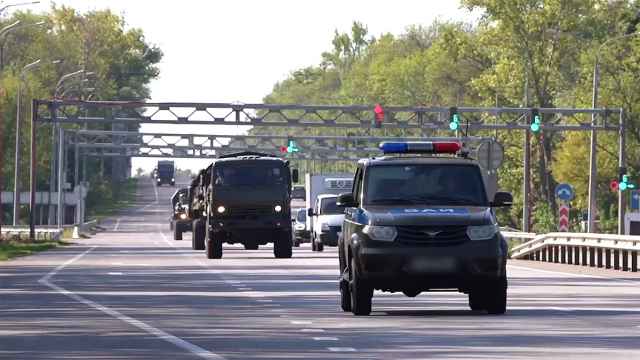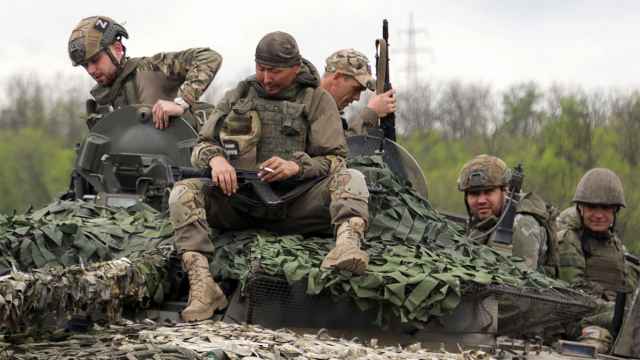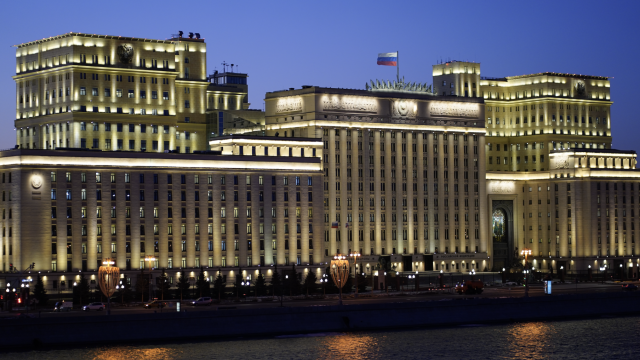President Vladimir Putin this week signed legislation allowing Russia’s reservists to be sent to “special training” to protect critical infrastructure.
Some fear it could boost the Russian army’s human reserves and help the Kremlin send more people to the war in Ukraine. Others argue the legislation won’t make much difference to the military.
The Moscow Times takes a look at what is changing under the new law and how Russia could use its reservists.
Who are the reservists?
Putin established a mobilization reserve — the Special Combat Army Reserve, or BARS — in 2015. The reserve is open to individuals who previously served in the army and signed a special “reservist” contract with the Defense Ministry.
These individuals, known as reservists, live civilian lives and receive a modest monthly payment of up to 10,000 rubles ($123). Though they are not considered contract servicemen, reservists are required to regularly attend military training sessions to maintain and update their combat skills. During this training, reservists’ employers are compensated for their employees’ absence.
The total number of reservists is not publicly known. Active recruitment into the reserve began in 2021, shortly before Russia’s invasion of Ukraine. At that time, the size of the reserve reportedly surged from a few thousand to 100,000, according to the exiled news outlet Meduza.
During the early months of the war, many reservists volunteered to fight as part of so-called BARS battalions and later signed military contracts with the Defense Ministry.
At the time, joining BARS was also a way to take part in the fighting for those who didn’t meet the Defense Ministry’s enlistment criteria, three volunteer soldiers told The Moscow Times in 2023, as these battalions were more flexible with age and health requirements.
Lawmaker Alexei Zhuravlev, the first deputy chairman of the State Duma’s Defense Committee, told the RTVI media outlet last month that around 2 million people were in Russia’s reserves.
However, experts questioned this claim.
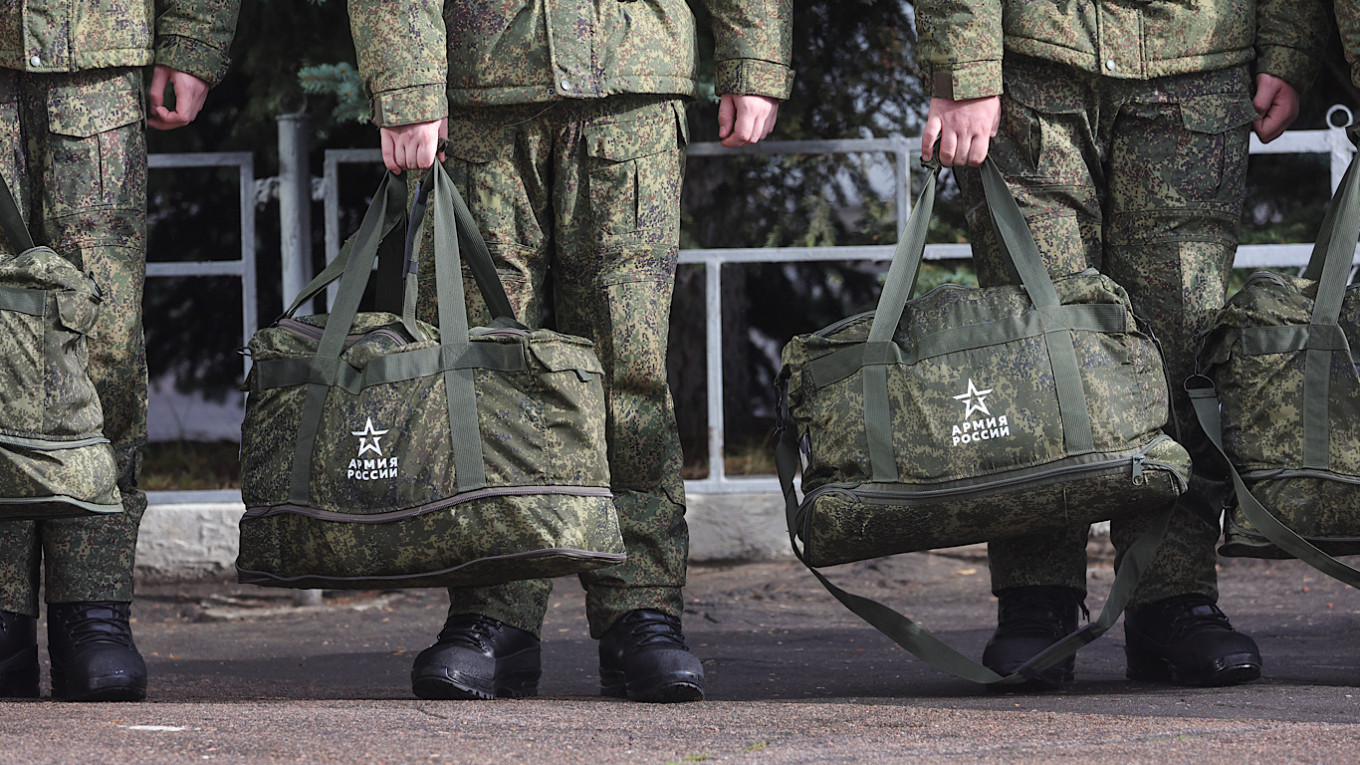
The number of reservists is likely to be relatively small, military analyst Alexei Alshansky told The Moscow Times, as many of those who were in the army reserve have already gone to the front and signed contracts with the Defense Ministry.
“Even in 2022, there were too few BARS members to talk about any real reserves for the Russian army,” he said. “If there had been enough, they [the authorities] wouldn’t have had to go out onto the streets and chase people [during the 2022 mobilization].”
He added that the current large-scale campaign to recruit contract servicemen also indicates that the number of reservists is running low.
A source at the military commissariat told the exiled media outlet Vyorstka that Kartapolov probably misspoke at the time.
What changes with the law?
The bill, fast-tracked through parliament in three readings in a single day, says that reservists “may be sent to special training sessions to ensure the protection of critically important facilities and other life-support infrastructure.”
The document was rushed through on the Kremlin’s orders, sources in the presidential administration and the State Duma told Vyorstka.
The procedure for carrying out these special training sessions is to be established by the Russian government, the document said.
The Defense Ministry said the bill applies only to reservists and does not provide for their deployment to the front or service outside the country.
“There is no talk of any mobilization,” the ministry said.
According to Alshansky, from a military perspective, there is indeed little point in sending such reservists to the front when more trained contract servicemen are stationed there.
Yet Putin has already broken his promises, including when he pledged not to use conscripts in the war and to send only “professional servicemen” to the front.
What will reservists do?
Vladimir Tsimlyansky, an official in the Russian General Staff, said reservists would take care of critical infrastructure facilities, including energy and transport infrastructure.
Reservists may carry out such work “only within their own region” and primarily to “counter drones,” he added.
Since this summer, a steady onslaught of drone attacks has targeted Russia’s energy and transportation infrastructure as well as oil refineries.
At least 15 regions, including the Leningrad, Nizhny Novgorod, Tambov and Yaroslavl regions, have already begun recruiting reservists to guard these facilities. Authorities stress that these recruits would not be sent to the front.
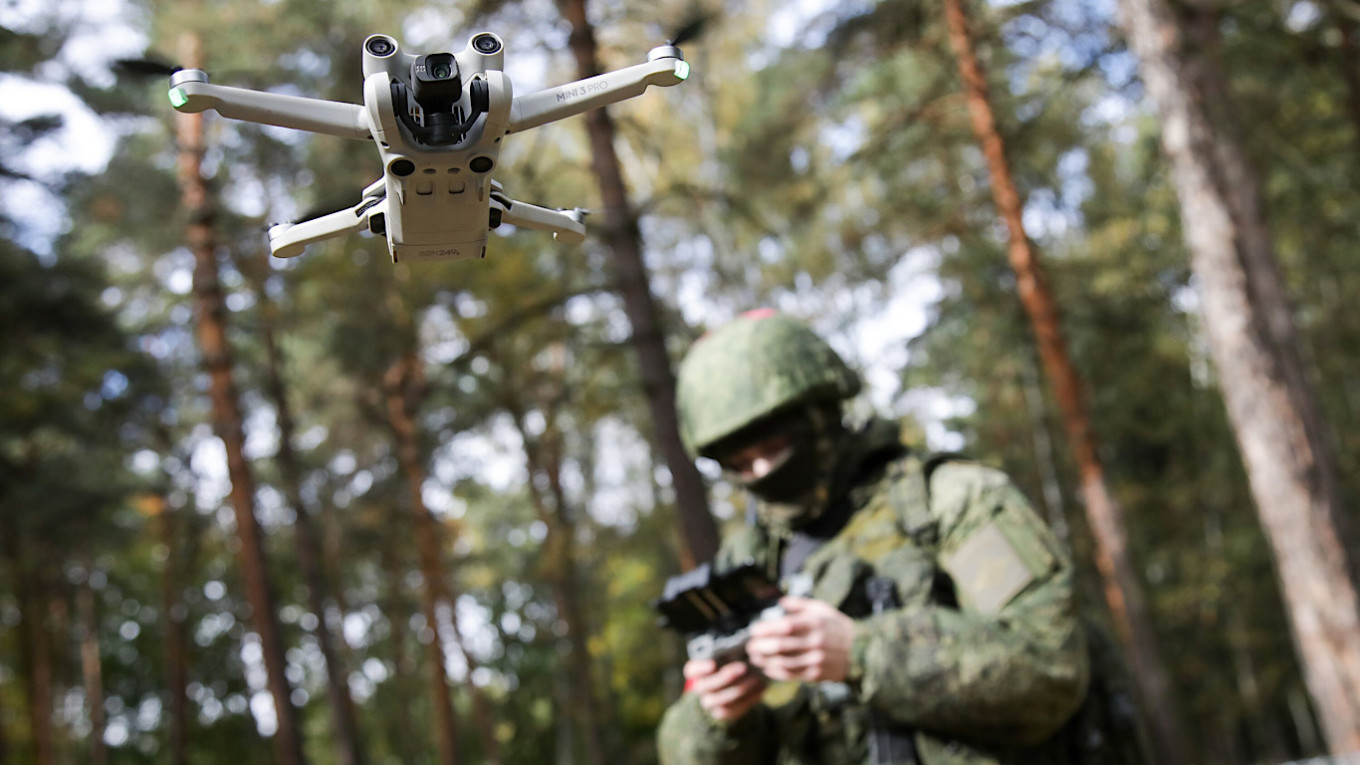
In addition to keeping their regular salaries for the days and weeks they perform military duties, reservists in the Bryansk region which borders Ukraine, earn monthly pay ranging from 40,000 to 99,000 rubles ($490-$1,200), depending on their military rank. In the Perm region, a region far from the border, monthly payments for reservists are set at 4,000-7,000 rubles ($50-85).
A source at one of Russia’s largest oil and gas companies told Vyorstka that the company’s security team “doesn’t have high expectations” from the reservists.
“Even an extra 10 people with rifles would help. But fundamentally, only real army air defense can protect us — and we’re unlikely to get that,” the source said.
Experts say the Kremlin is likely to recruit additional personnel who can be used to reinforce the military without requiring a new wave of mobilization, something that would risk provoking widespread public discontent.
The new legislation may be aimed at those who are not ready to sign a contract with the Defense Ministry but are open to serving for a short period, said lawyer Alexei Tabalov, the head of conscripts' rights NGO Shkola Prizyvnika (Conscripts’ School).
Sergei Krivenko, director of the Citizen. Army. Rights group, told The Moscow Times that the legislation highlights recruitment problems, with too few contract soldiers enlisting to replace the military’s losses.
“That’s why they’re looking for additional options. Reservists are one of them,” he said.
A Message from The Moscow Times:
Dear readers,
We are facing unprecedented challenges. Russia's Prosecutor General's Office has designated The Moscow Times as an "undesirable" organization, criminalizing our work and putting our staff at risk of prosecution. This follows our earlier unjust labeling as a "foreign agent."
These actions are direct attempts to silence independent journalism in Russia. The authorities claim our work "discredits the decisions of the Russian leadership." We see things differently: we strive to provide accurate, unbiased reporting on Russia.
We, the journalists of The Moscow Times, refuse to be silenced. But to continue our work, we need your help.
Your support, no matter how small, makes a world of difference. If you can, please support us monthly starting from just $2. It's quick to set up, and every contribution makes a significant impact.
By supporting The Moscow Times, you're defending open, independent journalism in the face of repression. Thank you for standing with us.
Remind me later.



